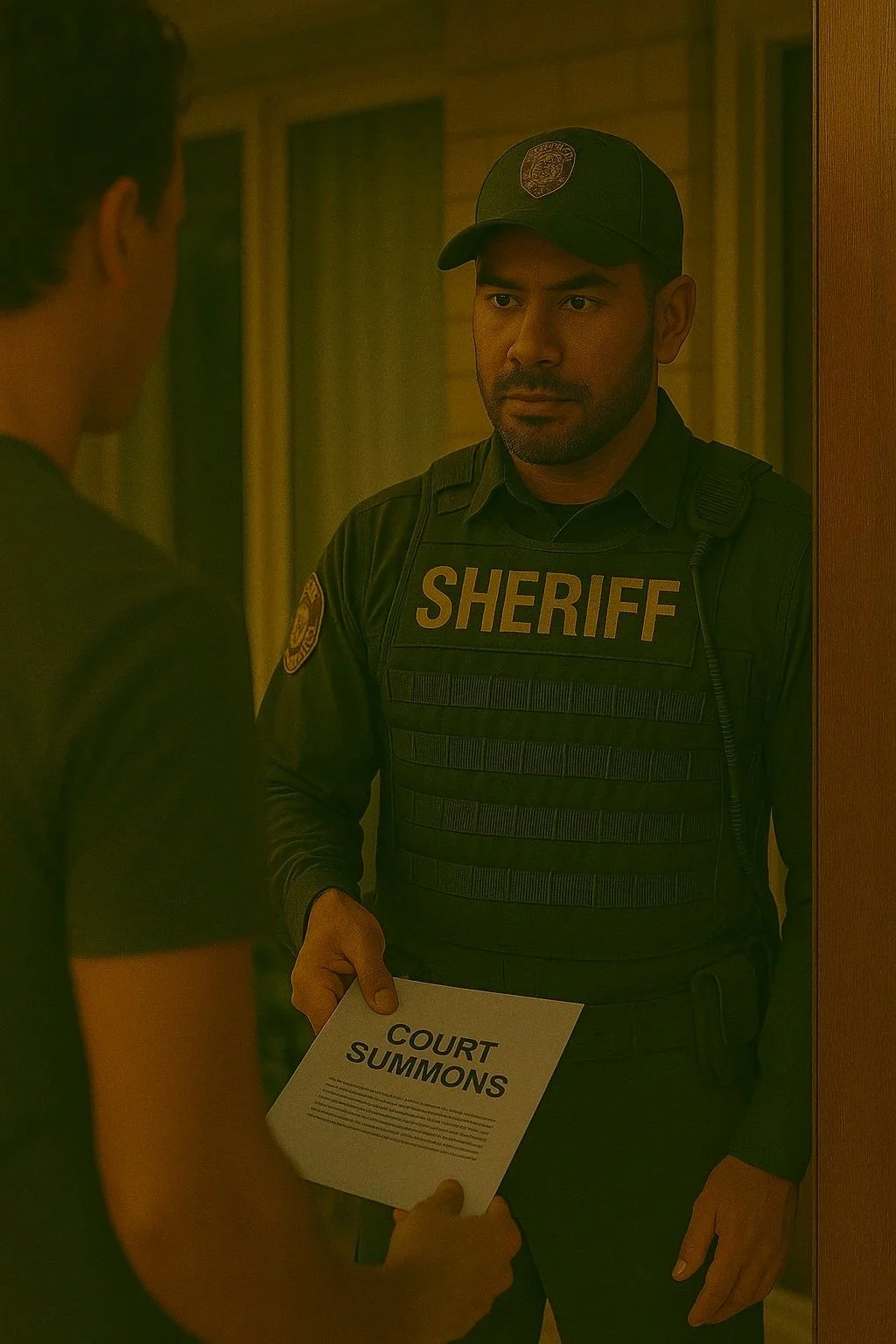WHAT IS THE
SHERIFFS ACT ?
The Sheriff’s Act establishes a new, locally based law-enforcement service for councils that choose to participate. Each Local Government Area may form a Sheriff’s Office, led by a council-appointed or community-elected Sheriff and staffed by Deputies drawn from the local community.
Sheriffs and Deputies are trained to Queensland Police Service standards and operate strictly within the boundaries of State law. They have authority only within their Local Government Area, where they may enforce local laws, serve civil court orders, respond to summary offences, and provide a visible public-order presence. Their powers apply only within that LGA and cannot be exercised elsewhere without QPS direction.
Sheriff’s Officers may take lawful action on-scene to stabilise situations, prevent harm, or enforce local and summary laws, but serious offences remain the responsibility of the Queensland Police Service. When Deputies are first on location, they secure the scene, protect life and property, and follow clear transfer-of-command protocols as soon as police arrive.
Each Sheriff holds a formal State mandate. They lead their Office, swear in Deputies, issue compliance notices, oversee civil enforcement, and act as the main point of contact with the community, council, courts, and the Queensland Police Service. Where permitted by law, Sheriffs may investigate certain lower-level indictable offences, but always within strict limits and in coordination with QPS.
This model fills a growing gap where minor disputes, repeat disturbances, and civil enforcement delays escalate simply because police resources are stretched. With officers who know the local area, Sheriff’s Offices provide a reliable, early response that resolves issues before they grow and reduces pressure on QPS.
Councils may opt in voluntarily. Funding is shared between the State and local government, and a pilot program in select regions shall undergo independent review before any expansion. All Sheriff’s Offices operate under strict legal limits and are overseen by an independent Community Oversight Committee to ensure transparency, accountability, and public trust.



